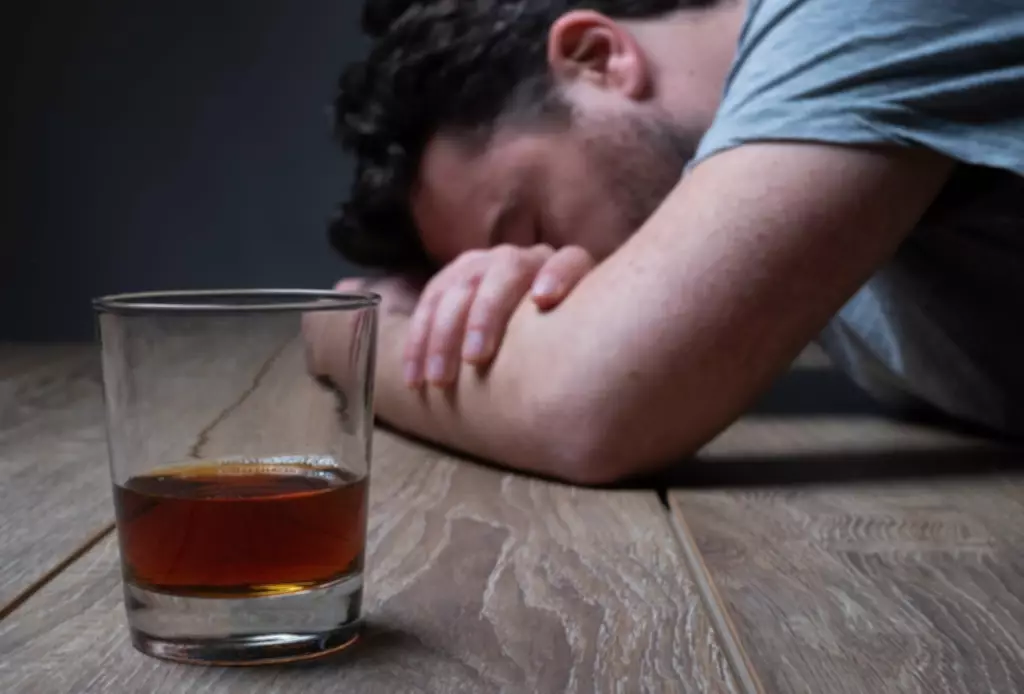The sober life brings many rewards, but it isn’t realistic to believe that one can go through life never being around alcohol or other temptations. However, a young person in early sobriety is particularly vulnerable because they haven’t yet developed confidence in their sober lifestyle. If you or someone you know is struggling with addiction, don’t hesitate to seek help and support. Your journey to recovery is a path toward a brighter and more fulfilling future, and the holiday season can be a season of healing and transformation. Many worry about family dinners, and purchasing presents as the holidays quickly approach.
How to Surround Yourself With New Family in Recovery
Various types of therapies will be used throughout the recovery process, depending on your needs and the rehab program you are attending. When you first arrive at a rehab program, staff members will often start by having you complete an intake interview to find out more about you. This is an important step in the rehab process, because this information will be used to start customizing your treatment plan.
The Detox Process
Responses to the holidays are as varied as the number of individuals who experience them. Some face grief and loneliness more acutely this time of year, while others experience more joy and peace. Most individuals will encounter an amalgamation of emotions, including stress, happiness, melancholy, excitement, loneliness, and hope.
Understanding Additional Triggers During the Holidays
These varied and pronounced emotional experiences, coupled with the change in daily routines and plethora of holiday parties, may pose challenges to those in recovery from addiction. However, we can make intentional decisions to support our community members in recovery as we navigate the holiday season. Your plan will likely include social and medical support services. Toward the end of your time in a rehab center, you and your counselor will come up with a continuing care plan (also known as aftercare) based on your progress up to that point. Aftercare can significantly reduce drug and alcohol relapse rates.
- This makes it an incredibly important component of your treatment.
- Many recovery coaches meet with clients virtually, so it’s easy to fit coaching into a daily schedule.
- Below are six areas of support that could constitute a strong aftercare plan.
- The cost is nominal, and many YouTube videos and some apps can be accessed for free.
Kali Lux is a consumer marketing leader with a focus on healthcare and wellness. She has over a decade of experience in building and operating metrics-driven brand, demand generation, and customer experience teams. For those of us in early recovery, the holidays can remind us of past rifts and wrongs, but they also present new opportunities for mending broken relationships.
- After dinner, there may be an opportunity for another short group session.
- Many celebrities and politicians have been known to spend their time providing hope and motivation to those seeking recovery.
How and Why Workit Health Uses Drug Testing
It may include a therapist, the appropriate local 12-step hotline, and more. Many, if not most, people leaving treatment find the idea of calling those numbers overwhelming. These stages were developed by the National Institute on Drug Abuse as a resource on individual drug counseling for healthcare providers, but it is also a useful model for recovery from alcohol addiction. One of the primary objectives in recovery is to get to the point of being able to navigate challenging social situations.
You will learn the warning signs and the steps that can lead up to a relapse. Whether you seek help voluntarily or are forced by circumstances to enter rehab, your recovery process will begin with a professional treatment program. • We encourage you to be supportive and proactive about your family member’s recovery. You can reach to them in a way that lets them know Reframing Holidays in Early Recovery you trust them with their own recovery but that you are there for them if needed. Make them feel included in plans and if you know they are struggling, suggest they attend a meeting or call a sponsor. Every late-November through December we are encouraged—sometimes even pressured, directly and indirectly—to celebrate the holidays that mark each year’s conclusion.
Cognitive Behavioral Therapy (CBT) is one of the most effective methods used in addiction treatment centers. CBT is a therapy aimed at recognizing how your emotions impact your thoughts (or vice versa), and their overall impact on the behaviors you take. CBT, as well as other therapy approaches, focuses on how to safely manage your emotions in recovery. Part of the treatment and recovery process centers on developing new, healthy habits that are intended to become routine once you return to your life outside of a treatment center. Coaches provide support and structure to help individuals reach goals the client sets. Coaches are a great resource to help an individual replace the structure they had in a residential treatment facility.

How To Navigate The Holidays Without Family During Early Recovery
Making your friends a part of your holiday plans will help you avoid being alone or lonely at this time of the year. Your friends may not replace your family, but in many ways, they may exceed your family in quality time together. You will want to find a healthy balance between things you do for self-care and things you do for others. There is no need to have money to give to be able to do things for other people during the holidays.
